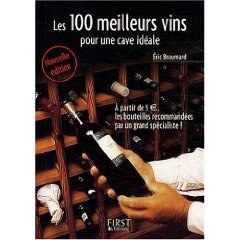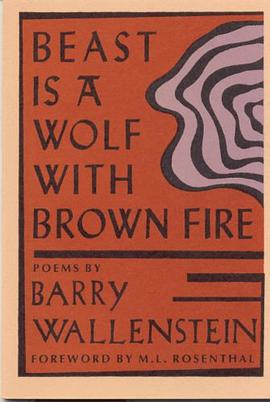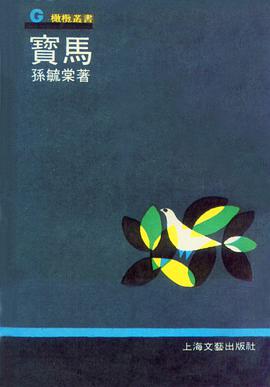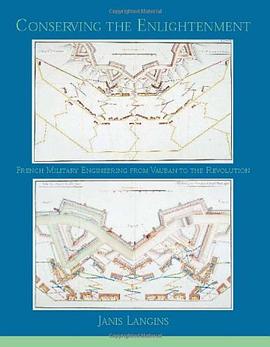

具體描述
In the wake of the collapse of the Somali government in 1991, a "second" or "informal" economy based on trans-border trade and smuggling is thriving. While focusing primarily on pastoral and agricultural markets, Peter D. Little demonstrates that the Somalis are resilient and opportunistic and that they use their limited resources effectively. While it is true that many Somalis live in the shadow of brutal warlords and lack access to basic health care and education, Little focuses on those who have managed to carve out a productive means of making ends meet under difficult conditions and emphasizes the role of civic culture even when government no longer exists. Exploring questions such as, Does statelessness necessarily mean anarchy and disorder? Do money, international trade, and investment survive without a state? Do pastoralists care about development and social improvement? This book describes the complexity of the Somali situation in the light of international terrorism.
著者簡介
圖書目錄
讀後感
評分
評分
評分
評分
用戶評價
相關圖書
本站所有內容均為互聯網搜索引擎提供的公開搜索信息,本站不存儲任何數據與內容,任何內容與數據均與本站無關,如有需要請聯繫相關搜索引擎包括但不限於百度,google,bing,sogou 等
© 2025 book.quotespace.org All Rights Reserved. 小美書屋 版权所有




















